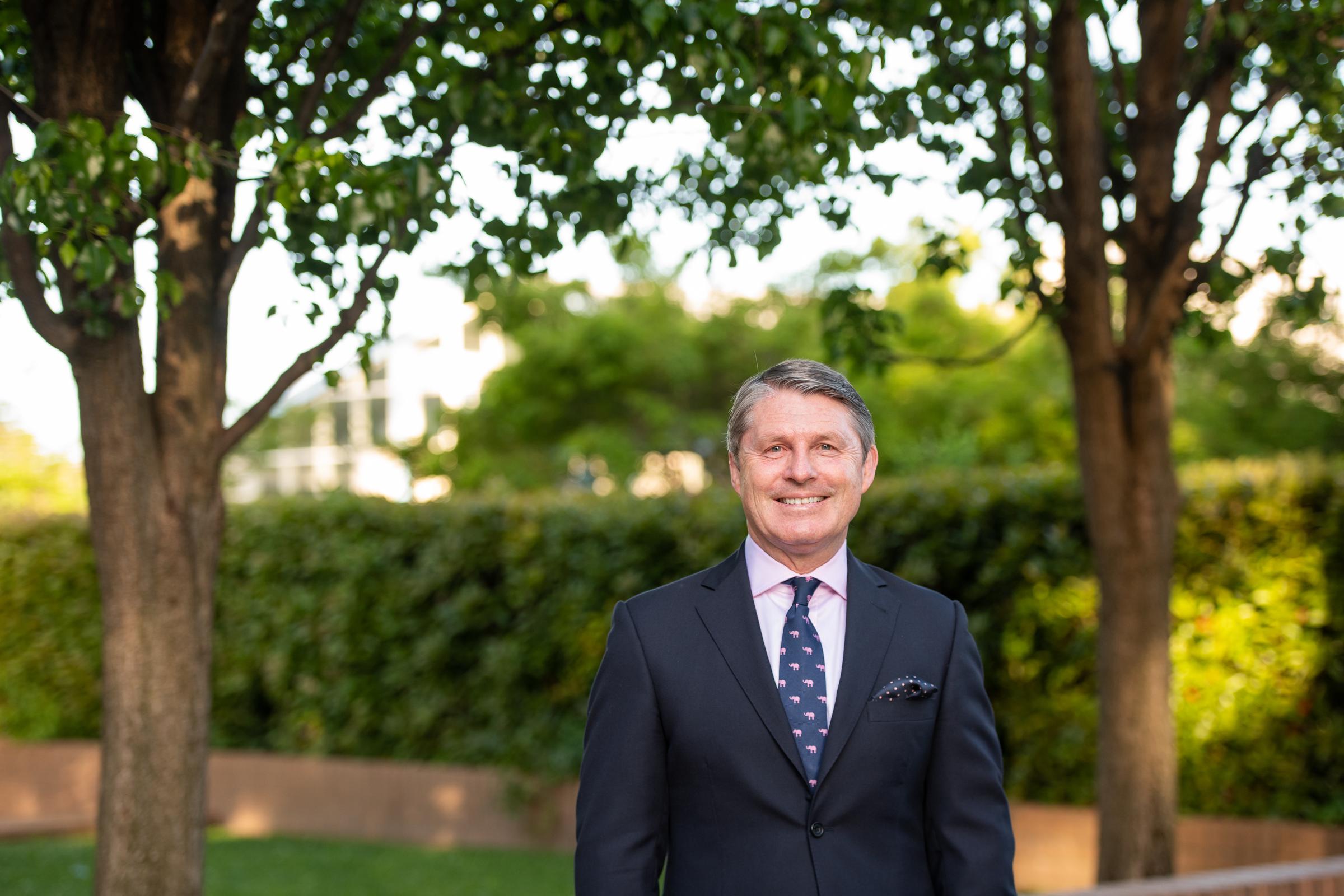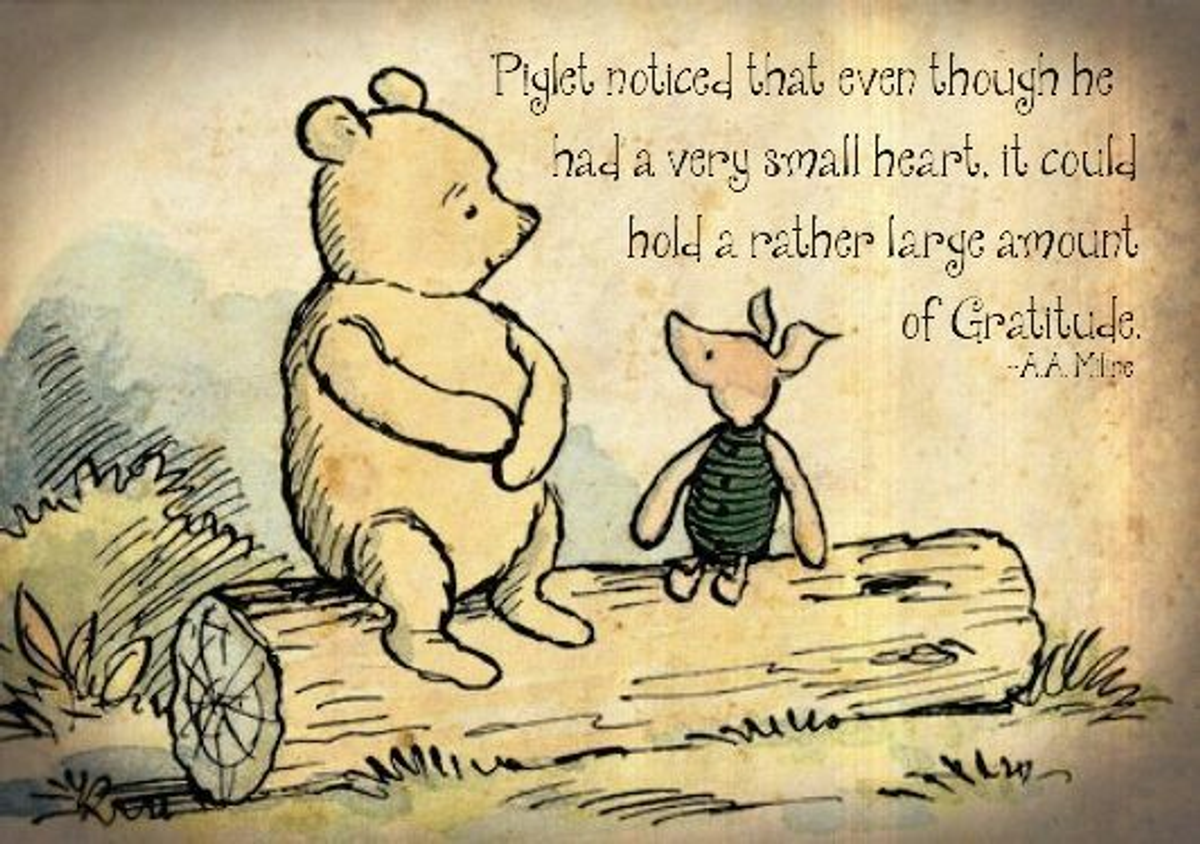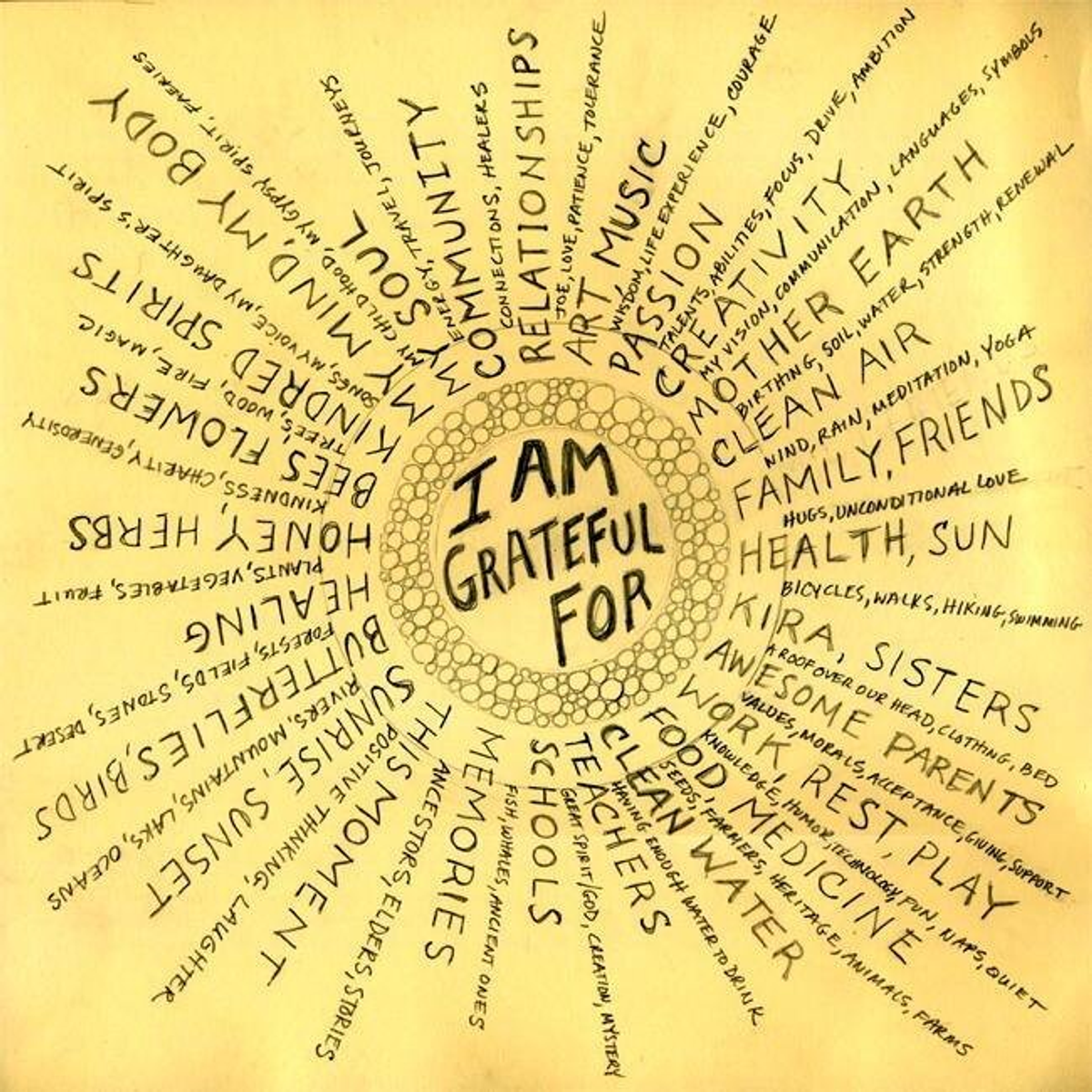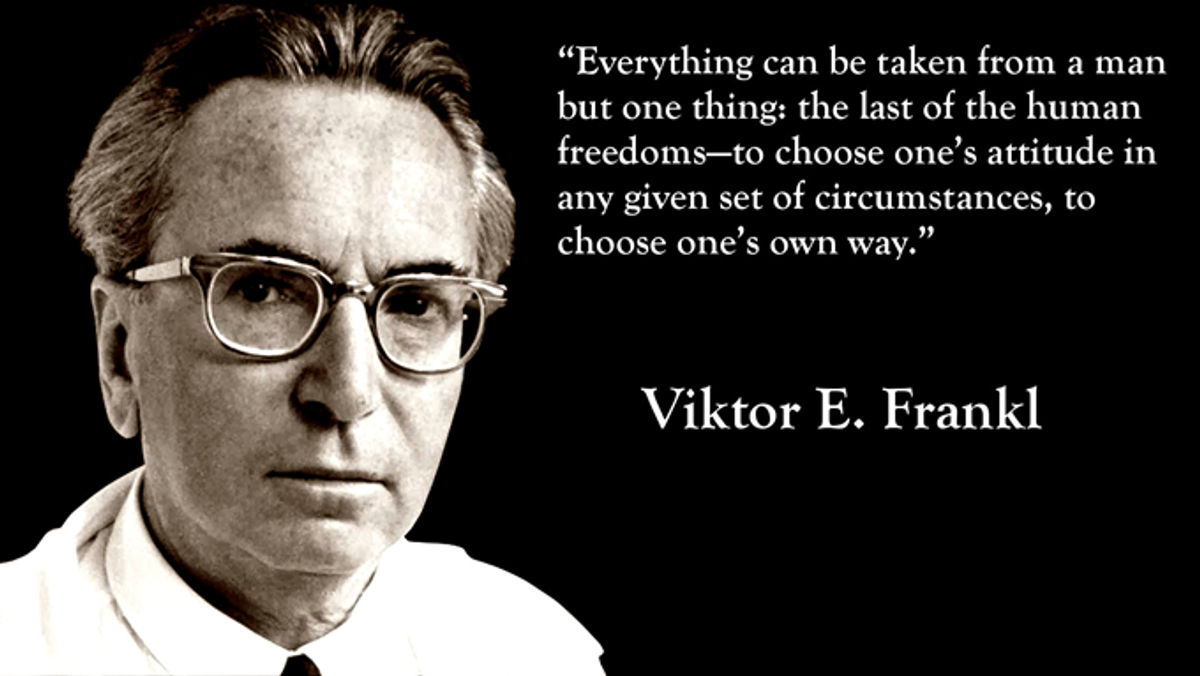Message from
the Principal
Dr Andrew Parry

Message from
the Principal
Dr Andrew Parry
“He is a wise man who does not grieve for the things which he has not,
but rejoices for those which he has.” Epitecus
Once again we find ourselves facing the challenges of lockdown and Remote Learning, both disruptive and not how we wish to be living our lives. However, we appreciate the necessity for this approach as we work together as a community to prevent the spread of this highly contagious Delta variant and protect the welfare of all within our families and society at large.
For our Year 12 students the lockdown has arrived midway during their HSC Trial examinations. I want to reassure them not to be concerned about this. We will take a pause and communicate the way forward in the near future. I encourage all our HSC students to continue learning and to know that the academic team are working hard to ensure our students will not be disadvantaged. Our means of assessment may look a little different but it will be the same for all. These are very different times and we are all being provided lessons to assist us to become more resilient and adaptable, both important qualities to possess.
Living in Orange we have been most fortunate that the impact of the pandemic so far has been minor in comparison to the dreadful experiences overseas and the long period of lockdown that the Greater Metropolitan area of Sydney has endured. Schools in Sydney have been unable to resume face-to-face learning all Term.
It is important we appreciate that we have been far more fortunate than most and for us to maintain a positive attitude. It is not helpful to dwell upon those things we are unable to control and we do have so much to be grateful for.


Many countries around the globe have experienced considerable loss of life due to the pandemic. The people of Afghanistan’s lives have been turned upside down in recent weeks as the Taliban have seized power. The Afhgan capital is now in the hands of Islamic insurgents and we are receiving reports that the Taliban are going door to door, drafting lists of women and girls aged between 12 and 45 years who are being forced to marry Islamist fighters. Women are being told they cannot leave home without a male escort, can no longer work or study or freely choose the clothes they want to wear. Schools too, are being closed.
Here in Australia and indeed in the Central West of NSW we do have much to be very grateful for. The highly regarded American psychologist and academic Don Davis (1) undertook a study the results of multiple highly regarded research studies into the impact of gratitude on improved psychological wellbeing. His findings reveal that practicing gratitude has a significant positive impact on how people feel, they are happier and more satisfied with their lives.


These findings are consistently being reported in current research (2). Being grateful for the small and large things in life makes us feel happy. It is all too easy to gripe, criticize and complain, all of which ultimately lead to stress and low mood. Accepting that life isn’t perfect assists us in the process of developing a deep sense of contentment. We know that this approach to life is nothing new and that many of the truisms of life have been spoken about throughout the ages. The Greek stoic philosopher, Epitecus astutely stated some two thousand years ago:
“He is a wise man who does not grieve for the things which he has not, but rejoices for those which he has.”
Can I encourage us all to try and find things both small and large that we can be grateful for. Being grateful for what we have, our friends, family and environment will help us all manage challenges we face and maintain a positive sense of wellbeing. Having perspective is also important. Many are less fortunate than ourselves and face far greater challenges.


The eminent psychologist, Victor Frankl (3), used gratitude extensively to deal with and survive years of containment in Nazi Concentration Camps during World War Two. He wrote a book, “Man’s Search for Meaning”, about surviving the holocaust after losing all his immediate family in a concentration camp. In his book he describes practicing being thankful for the most basic things he could think of, such as old memories, a sunset, the fact that he was alive, that he wasn’t suffering alone. This allowed him to momentarily feel happier and satisfied, giving hope to go on. His poignant story reveals to us that it is possible to practice gratitude, even in the midst of a crisis.
Let’s keep our sense of perspective, focus upon those things we can control, be kind to each other and be grateful for the many joys we have in our lives.
Keep safe and well.


A message from the NSW Education Standards Authority
Firstly, thank you for your ongoing patience and consideration as we continue to make necessary arrangements and adjustments to the HSC in response to NSW health advice. Our focus continues to remain on providing as much certainty as possible, whilst prioritising the health and wellbeing of all involved.
With this in mind the NESA COVID-19 Response Committee has decided to extend the COVID-19 Special Consideration Program to most HSC major projects being completed by HSC students across the state.
This means teachers will provide a mark or estimate for their students’ major projects in:
When providing a mark or estimate, teachers will take into consideration any impact of COVID-19 restrictions on students’ work.
Students will need to submit their projects by the published due dates and teachers will have until 22 October to submit marks to NESA.
To ensure equity across the state, teacher provided marks will be moderated by NESA.
The decision was made to limit the movement of NESA markers within and beyond Greater Sydney and protect the health and safety of everyone involved in the HSC exams.
The following major projects (that are submitted online) will continue to be marked online by NESA markers (unless an application for special consideration is made):
The COVID-19 Special Consideration Program is already in place for students completing language oral and performance exams across the state.
Written exams will go ahead from 19 October and NESA is working closely with NSW Health to ensure strict COVID-safe protocols are in place.
Thank you for your support and incredible efforts for students during this period.


Thank you to our Academic and Support Staff
May I express my sincere gratitude to our teaching and support staff who have been marvellous in our swift transition to Remote Learning. I am very proud of the manner in which they face constant change, and uncertainty. Their willingness to go the extra mile to ensure our students can continue learning is great testament to their professionalism and good nature.
We are indeed most fortunate.
Thank you!